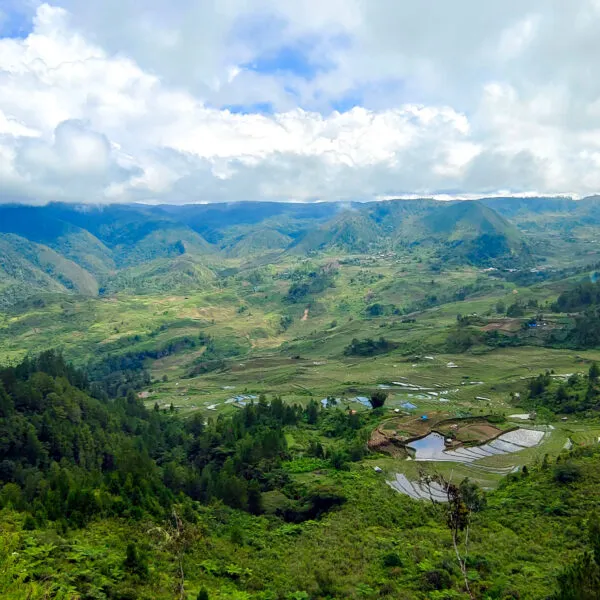Company-Community Partnerships for Commercializing Non-Timber Forest Products in the Brazilian Amazon: Drivers, Problems, and Consequences
Project Summary
This project of the Universidade de São Paulo in Brazil aims to evaluate the motivations, opportunities, problems, and consequences of trade partnerships or agreements established between forest communities and corporations, for the commercialization of non-timber forest products (NTFPs). Trade in non-timber forest products, such as fruits, oils, fibers, and other animal or vegetable parts has frequently been proposed as a strategy that may avoid deforestation while improving the livelihoods of forest communities. Among other things, advocacy in such a win-win solution has stimulated demand for environmentally and socially responsible products, leading to the expansion of niche markets known as “fair trade” or “green markets”. Although civil society organizations were initially at the forefront of the establishment of such deals, presently there is an escalating number of corporations that are independently establishing agreements with forest communities. Increased control of forested lands by communities, raised demand in natural products, and the proliferation of corporate policies of social responsibility are at the base of such raised interest. Yet, despite the growing number of corporate-community agreements, we still know little about their effects, potential, and limitations in relation to the corporations and the communities and the forests where they live. We therefore still do not know if and when these agreements are a viable and valuable alternative, if and how each partner may benefit from the deal, and how the successes can better be fostered or improved. This study aims to evaluate the motivations, opportunities, problems, and results of ongoing corporate-community partnerships at both the community and corporate level, as well as evaluate policies that could prompt beneficial impacts while mitigating those detrimental to communities and forests. To do that, we are evaluating four trade agreements in-depth, which differ in a number of characteristics. Simultaneously, we will pursue a more general survey based on secondary data and expert interviews of a larger sample of ongoing agreements.
Project Objectives
- To evaluate the reasons that motivate corporations to seek partnerships, including whether they are driven only by marketing objectives or also by truly social responsible aims. In the latter’s case, to understand the motivation for incorporating social aims as well as its focus on Amazonian communities.
- To understand the content of corporate commitments and policies and how they implement them (e.g. self-monitoring, certification).
- To understand the problems of establishing successful partnerships, from the point of view of different sectors (e.g. commerce/industry, national/international).
- To evaluate the outcomes of the partnerships for: (1) the company (e.g. marketing, profit); (2) the community (e.g. benefit sharing, social differentiation, inequality, and transformations on the traditional use of natural resources); and (3) the local environment (e.g. transformation in land use and resource use).
- To determine how best to monitor the impacts of such enterprises.


